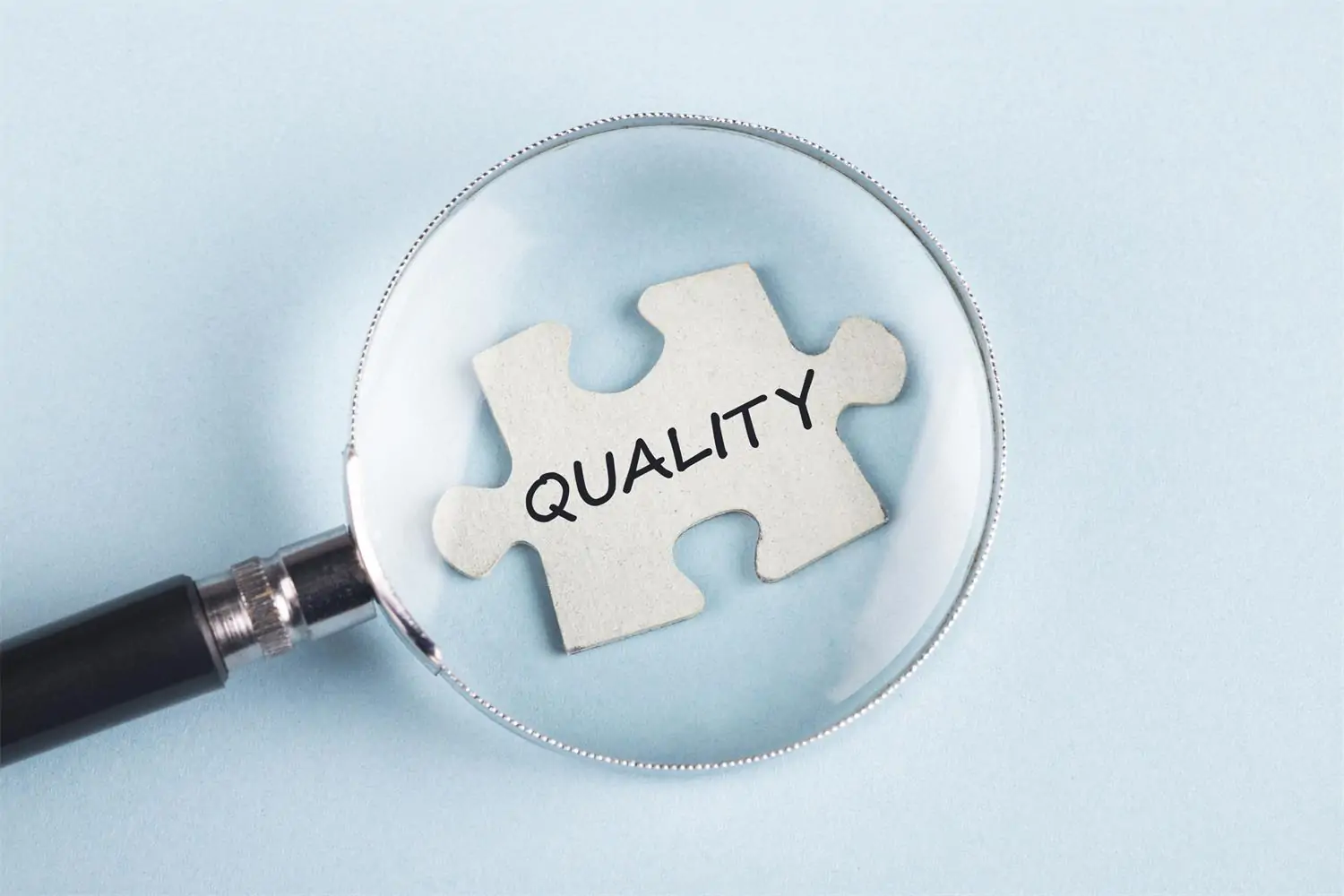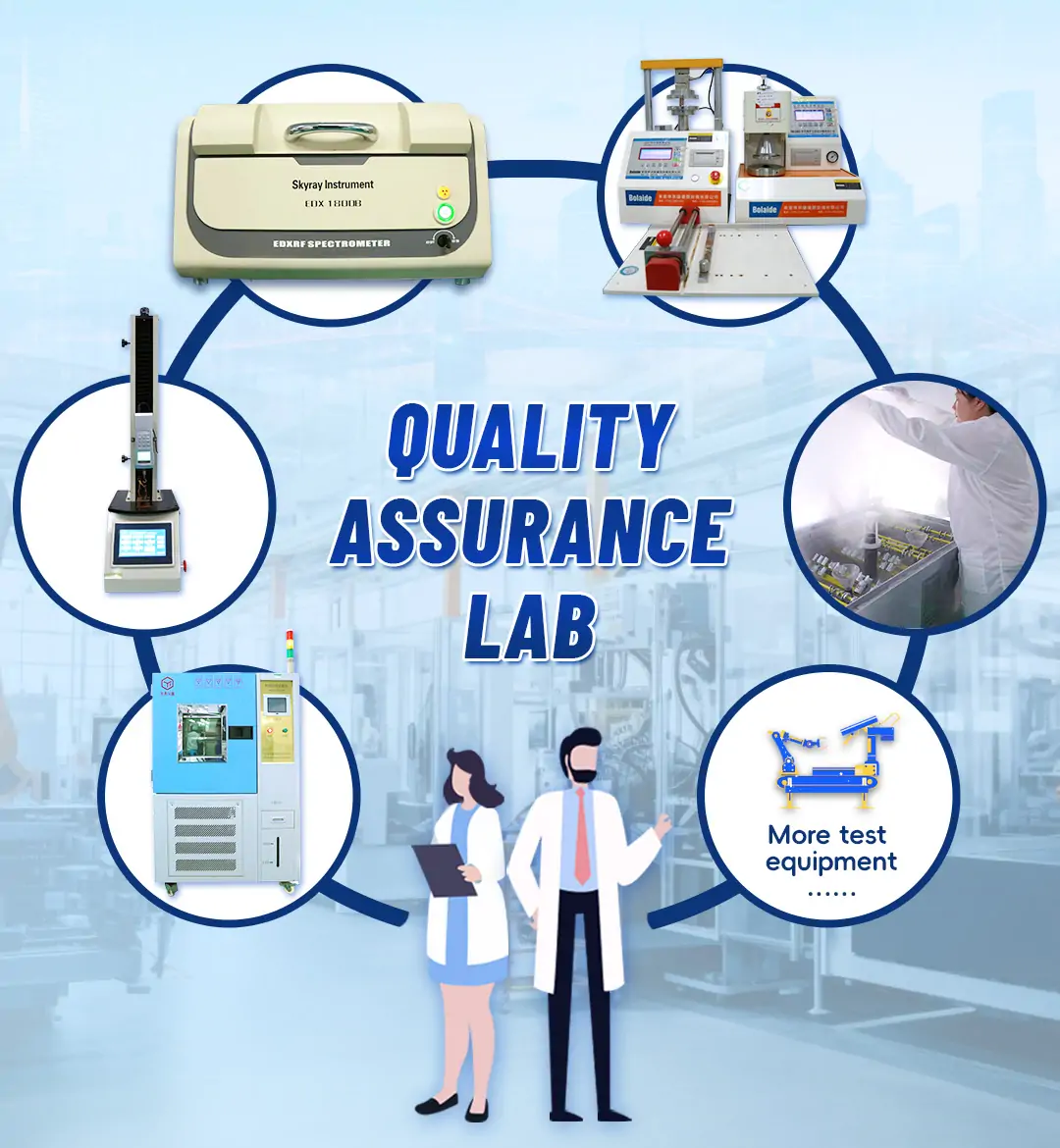In custom electronics, every detail matters. A product may look good on the outside, but if it fails inside, the entire project loses value. This is where electronics quality control comes in. It is the system that ensures every circuit, chip, and finished device performs as expected. Pantene Industrial (PI), with over four decades of experience in the EMS industry, has made quality control the foundation of its operations. Unlike many suppliers that focus on one or two categories, PI delivers inspection and testing across a wide product range including solenoid coils, chargers, portable power stations, LED modules, Li-ion battery packs, PCBA, headsets.
Electronics quality control isn't merely end-of-line testing it's about producing a trustworthy product from the start. Each phase of the manufacturing chain determines how well the final product performs.
● Avoids expensive field failures.
● Extends product life.
● Instills customer confidence.
● Meets strict global standards such as ISO9001:2015, ISO14001:2015, , and more.
● Ensures compliance with international safety and regulatory standards
Let's take PCBA product as an example.
For businesses that deal with Custom PCBA, where each board design could be different, the need for PI's quality control increases even more.
PCBA (printed circuit board assembly) is vital to most electronics, but it represents just one category of PI’s offerings. Quality inspections apply equally to portable power solutions, solenoid coils, LED lighting, chargers, and other similar products.

Steps in PI’s Quality Control Process:
● Material Verification: Confirming authenticity, performance, and certification of parts and raw materials.
● Assembly and Process Checks: Ensuring solder joints, molded parts, and assembly lines are free of defects.
● Final Validation: Verifying compliance with customer requirements and international standards.
By following this structured approach, PI ensures every item shipped delivers long-term performance.
。
Pantene Industrial combines advanced automation with trained skill inspection. Below is a table comparing popular methods and their advantages.
|
Method |
How It Works |
Benefit |
|
Automated Optical Inspection (AOI) |
Cameras scan the PCB for missing parts or solder defects. |
Fast detection of visible issues. |
|
In-Circuit Testing (ICT) |
Electrical probes test each circuit for accuracy. |
Ensures correct values and connections. |
|
X-Ray Inspection |
Looks inside hidden joints like BGA packages. |
Finds issues not visible to the eye. |
|
Burn-in Testing |
Runs device under stress conditions for hours/days. |
Reveals long-term weaknesses early. |
Employing these methods, PI's quality control ensures each production stage is reliable and consistent.
Production is where most risks appear, but PI’s layered inspections minimize them.
● Incoming Material Quality Control: Each lot of part and material undergoes strict sample checks before entering production.
● In-Process Quality Control: Machines are calibrated, and operators follow standardized steps for consistency.
● Final Quality Control: Every product is tested, with results documented for traceability and customer confidence.
With an emphasis on materials, processes, and final inspection, PI's quality control ensures reliability in every product shipped.
All materials and parts are thoroughly Incoming quality inspected before production. Resistance, capacitance, and supplier certification tests are conducted to ensure authenticity and function. Counterfeit or defective parts cannot enter the process this way. With PI’s quality control, every project begins with reliable materials.
As production is underway, machines are regularly calibrated, and trained personnel follow standardized work steps to guarantee consistency. Even minor issues, such as misaligned components or inconsistent solder paste, are detected immediately.
After assembly, products undergo various inspections and functional tests. Providing customers with confidence that their devices meet their long-term performance expectations. ???
Ensuring a device works on day one is not enough—long-term durability is equally vital.
● Thermal Cycling: Items endure extreme heat and cold.
● Vibration Testing: Mimics shipping and real-world use.
● Humidity Tests: Checks performance under moisture exposure.
By integrating these tests during the development stage, PI guarantees products that last years, not just months.
Companies that implement strong electronics quality inspection enjoy:
● Fewer product returns.
● Lower costs through early fault detection.
● Faster market launches.
● Stronger brand reputation.
These are key reasons customers rely on Pantene Industrial when selecting a trusted partner.

In the electronics field, price competition is common among suppliers. Yet it's the quality that distinguishes leaders from followers. A firm that prioritises electronics quality control demonstrates dedication to long-term prosperity. PI's quality control illustrates this well. Rather than compromising, they prioritise testing, precision, and ongoing improvement. For customers, this results in a clear conscience and reduced risk when outsourcing manufacturing.
At Pantene Industrial, we believe that quality control is the foundation of dependable products across all categories we manufacture. Each stage of production, from raw materials to final validation, is tightly monitored to ensure products are durable, compliant, and ready for use. Advanced facilities, including AOI, ICT, X-ray inspection, and functional testing, ensure that all PI products meet customer industry standards. Advanced facilities, including automated optical inspection, in-circuit testing, and functional testing, ensure that PI's quality control ensures each project meets industry standards.
● Proven Experience: More than years of collaboration with international clients for manufacturing electronics.
● Strong Quality System: PI's quality control covers every stage, from incoming materials to final testing.
● Advanced Equipment: AOI, ICT, X-ray, and functional testing provide secure results.
● Custom PCBA Support: Versatile solutions for exceptional designs and small or large-volume production runs.
● Reliable Partnership: Timely shipment and reliable quality that fosters long-term client confidence.
Quality electronics begin with robust inspection. Without strict quality control, even the best designs risk failure. Pantene Industrial has shown that a comprehensive system—covering materials, processes, and final products—guarantees durable, compliant, and customer-ready devices. Whether it's PCBA, portable power solutions, LED modules, or molded parts, PI ensures excellence at every stage. With Pantene Industrial, clients gain not just a manufacturer but a long-term partner committed to delivering reliability across all product categories.